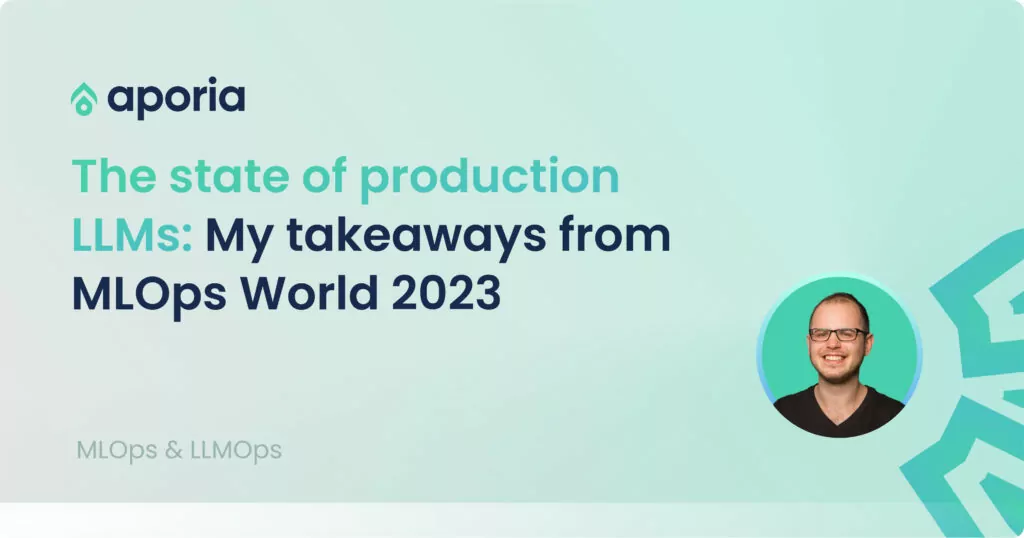
The state of production LLMs: My takeaways from MLOps World 2023
Recently, I was lucky enough to attend MLOps World in Austin. There were panels, provoking keynotes, parties, and while not...
In recent years the MLOps space is continuing to grow with more tools that are designed to make model building and training simpler, more automated and scalable. However, it’s not always easy to determine which MLOps tools answer your needs best.
Training Orchestration enables data science and machine learning teams to run highly concurrent, scalable and maintainable training workflows.
With training orchestration tools, you can run your model training pipelines in the cloud instead of your local machine. This is especially useful for training processes that can take a long time, such as deep learning models.
Training orchestration tools allow your workflows and pipeline infrastructure to be automatically managed and simplified using a collaborative interface. By adopting training orchestration tools, ML teams are able to build, train, and deploy more models at scale.
For a curated list of useful MLOps tools and projects to help you build your ML infrastructure – including training orchestration, data versioning, feature store, model monitoring and more, see our project: MLOps Toys.
An open-source deep learning training platform that enables data scientists to quickly and easily build their models.
All of these features are integrated into a single user-friendly deep learning environment.
Easily build scalable production-grade orchestration for data and ML.
Kubeflow’s goal is to provide a simple, portable, and scalable way to deploy best-of-breed open-source systems for machine learning to diverse infrastructures.
A collaborative platform with a Unified UI to manage all data science activities in one place and introduce MLOps practice into the production systems of customers and developers. It is a collection of cloud-native tools for all of these stages of MLOps:
Katonic is for both data scientists and data engineers looking to build production-grade machine learning implementations and can be run either locally in your development environment or on a production cluster. Katonic provides a unified system—leveraging Kubernetes for containerization and scalability for the portability and repeatability of its pipelines.
An open-source platform that provides complete AI model training and resource management capabilities.
A platform to build data pipelines the easy way with no frameworks or YAML. Allows you to write your data processing code directly in Python, R, Julia or Bash.
A framework that develops and tests workflows locally, and then seamlessly executes them in a distributed environment.
An open-source, pluggable MLOps platform that enables enterprises to develop, train, and deploy ML models at scale.
A framework that helps manage complex parameter configurations that are defined by simple and familiar class-based structures. This allows Spock to support inheritance, read from multiple markdown formats, and allow hierarchical configuration by composition.
Stoke is a lightweight wrapper for PyTorch that provides a simple declarative API for context switching between devices, distributed modes, mixed-precision, and PyTorch extensions.
Valohai is an MLOps platform that handles machine orchestration, automatic reproducibility, and deployment.
An end-to-end deep learning platform that automates complex ML infrastructure and operational work required to train and deploy AI models. Spell is fully hybrid-cloud, and can deploy easily into any cloud or on-prem hardware.
Any MLOps or data science team can create their own ML infrastructure given the right tools to support their needs. Want to see how it works in practice? Check out our live coding session: How to Build an ML Platform from Scratch with our CTO to get started in no time.

Recently, I was lucky enough to attend MLOps World in Austin. There were panels, provoking keynotes, parties, and while not...

What is Model Monitoring? Model monitoring plays a crucial role in the machine learning lifecycle, ensuring that your models are...

Machine learning (ML) is a field that sounds exciting to work in. Once you discover its capabilities, it gets even...